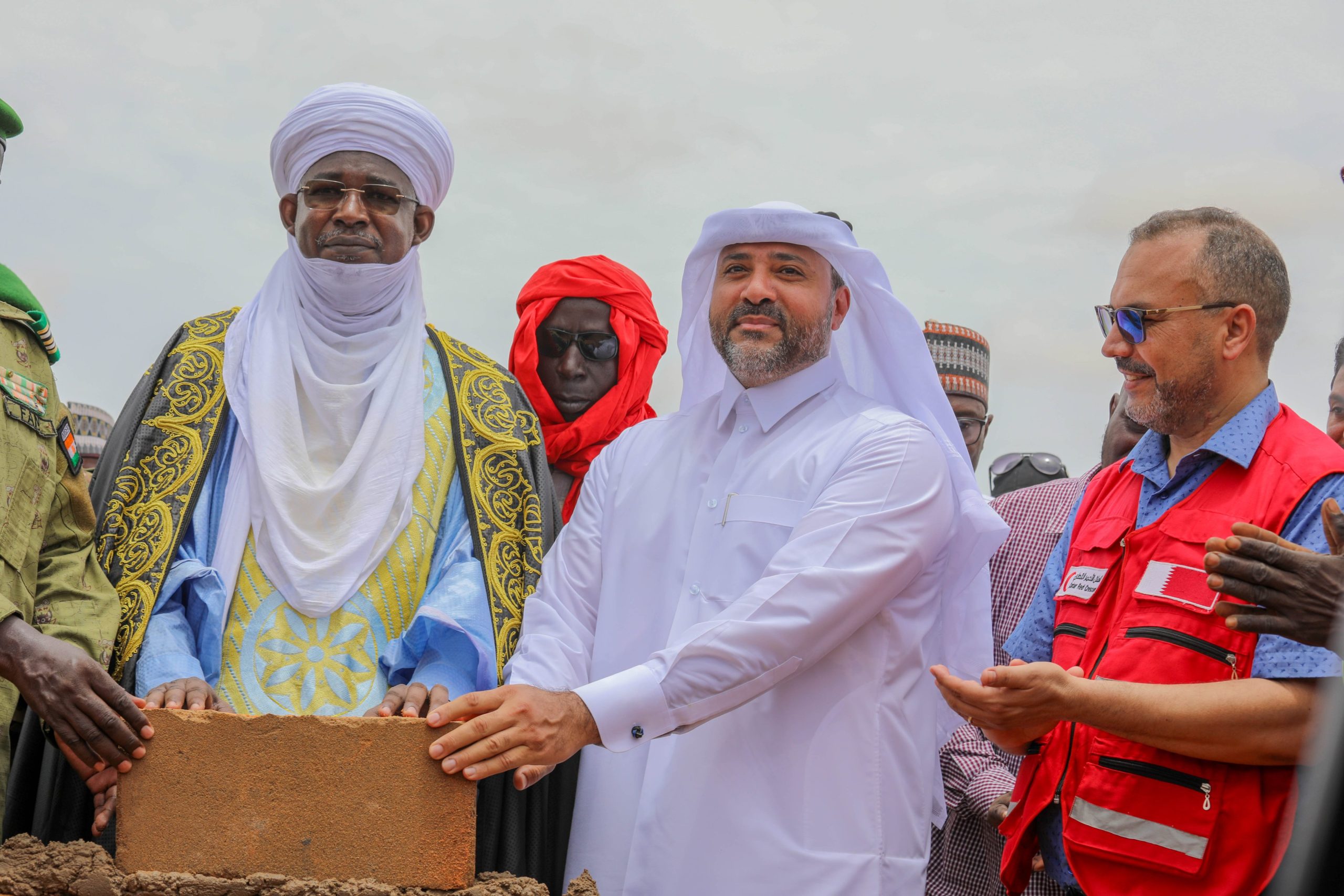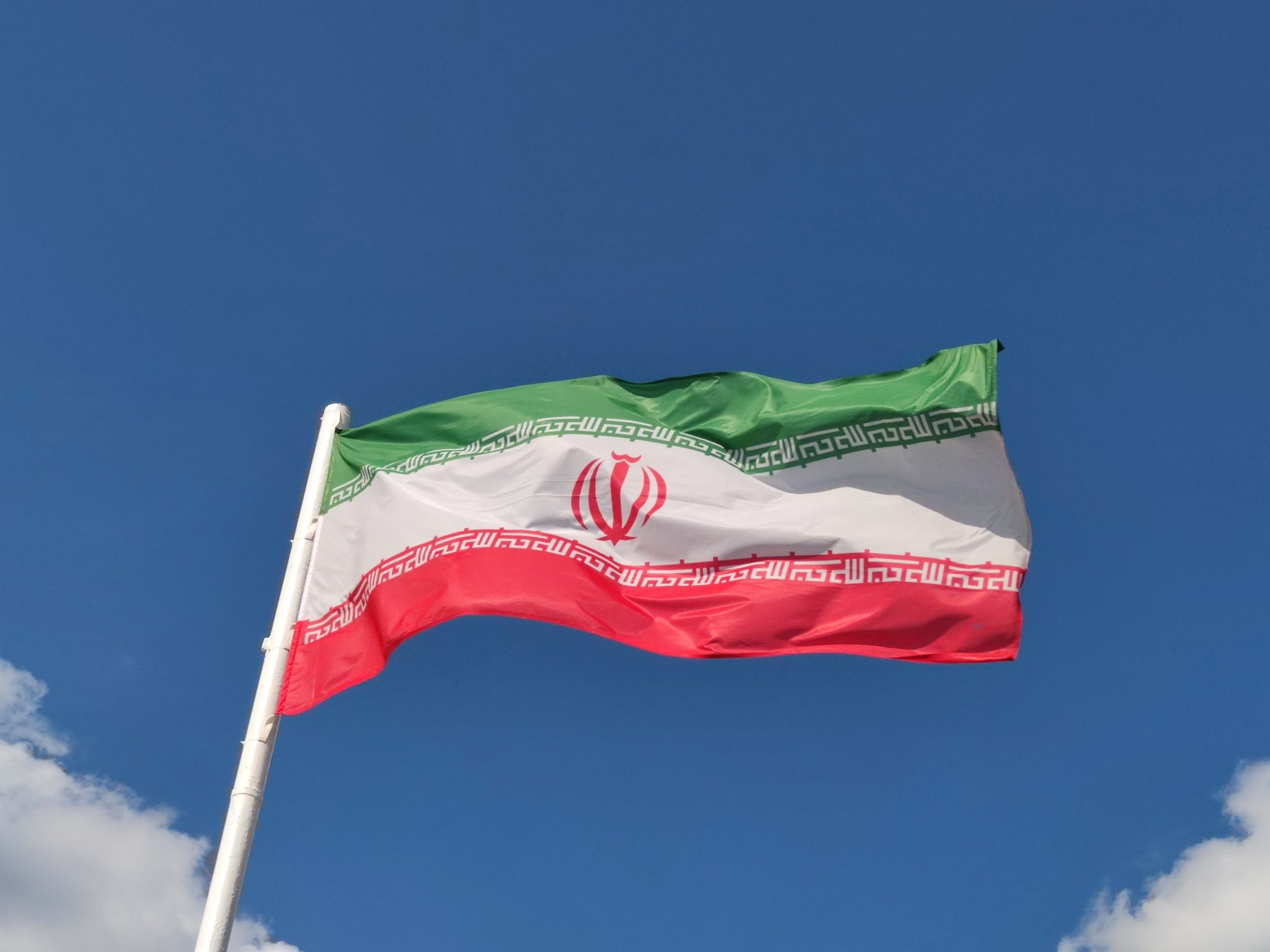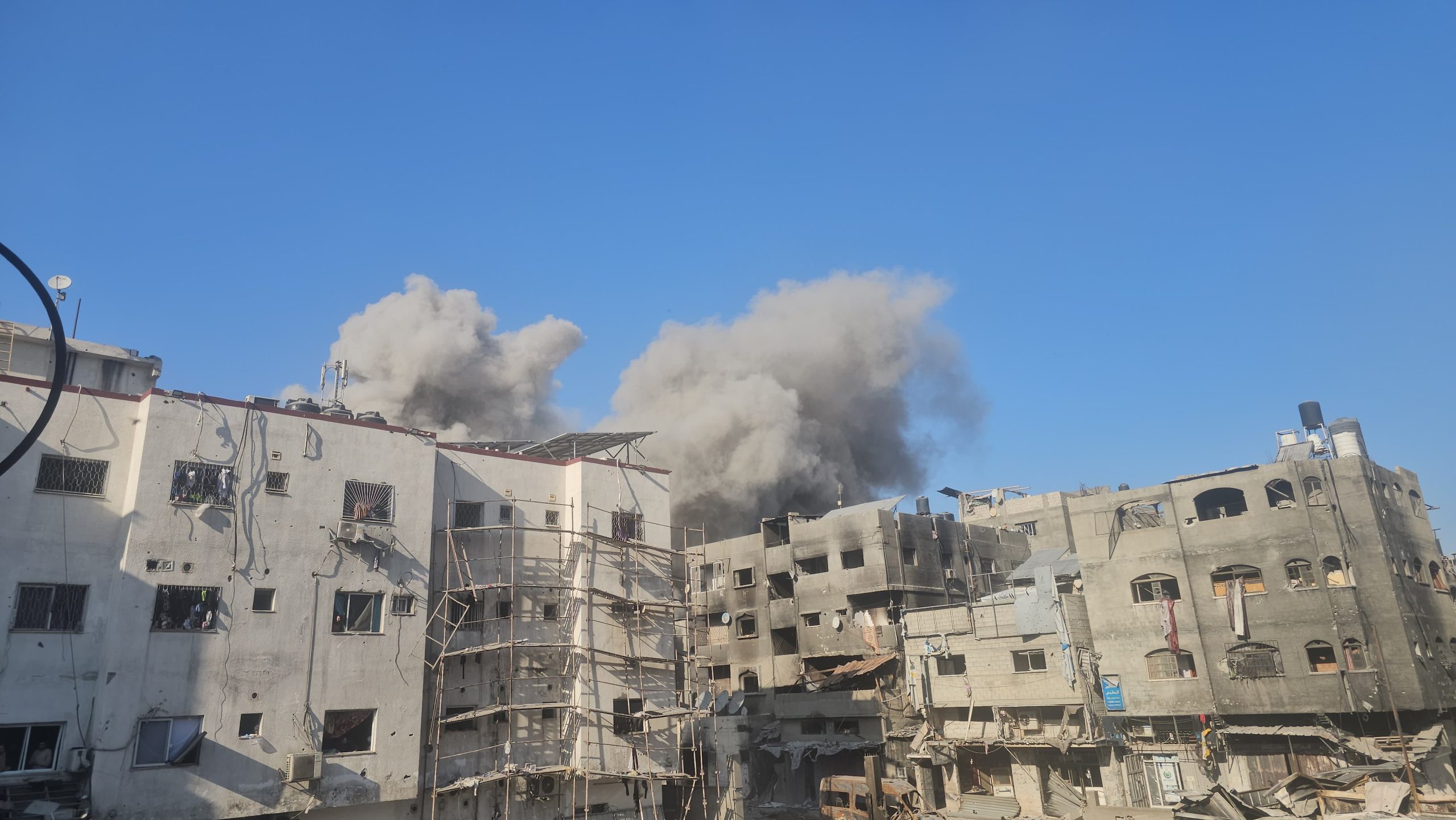The latest project comes under wider efforts by QRCS to support those in need in Niger, which has suffered from conflicts, displacement, and climatic hazards.
The Qatar Red Crescent Society (QRCS) has laid the foundation stone for the Al-Amal Residential Village in Koure, Niger, a project aimed at providing furnished homes and facilities for poor families.
On Tuesday, Mohamed Salah Ibrahim, Director of Relief and International Programs Division at QRCS, laid the foundation stone on behalf of the Qatari entity.
Translating to “hope” in Arabic, the village will consist of 47 fully furnished homes, two schools, a health centre, roads and solar panels.
Ibrahim also inspected QRCS-funded income-generating projects in Niger that are aimed at providing a source of living for persons with disabilities.
This came just two days after QRCS inaugurated another residential village in Niger’s Koutoukale Koira on Sunday, consisting of 33 housing units, an artesian well, a mosque and a school.
“QRCS’s interventions in Niger range from shelter, water and sanitation and health to livelihood, food security and disaster response, in keeping with national development plans,” Ibrahim said in a statement at the time.
The latest project comes under wider efforts by QRCS to support those in need in Niger, which has suffered from conflicts, displacement, and climatic hazards.
In August 2023, QRCS launched a $146,897 project to implement four anti-blindness and eye treatment camps for 1,200 poor people in Tillaberi. This came after QRCS reopened its representation office in Niger in May 2023.
The same year witnessed the beginning of a military coup on July 26 that deteriorated the human rights situation. At the time, the self-proclaimed National Council for the Safeguard of the Homeland decided to overthrow the government of President Mohamed Bazoum.
According to the United Nations, Niger currently faces an acute and complex humanitarian crisis, with 4.5 million, about 17 percent of the 26.6 million population, requiring humanitarian assistance.
By the end of 2023, approximately 3.3 million people were forcibly displaced across the Sahel region, including ones from Niger, Burkina Faso, Mali and Mauritania. The UN cited political instability, escalating violence and food insecurity as some of the reasons behind the large number of displacement.
According to the UN, Niger is also the main country of asylum in West Africa, with an estimated 700,000 forcibly displaced populations sheltering in the country. Around 67 percent of the refugees came from Nigeria, 22 percent from Mali, 9 percent from Burkina Faso, and 2 percent from Sudan and Chad.







